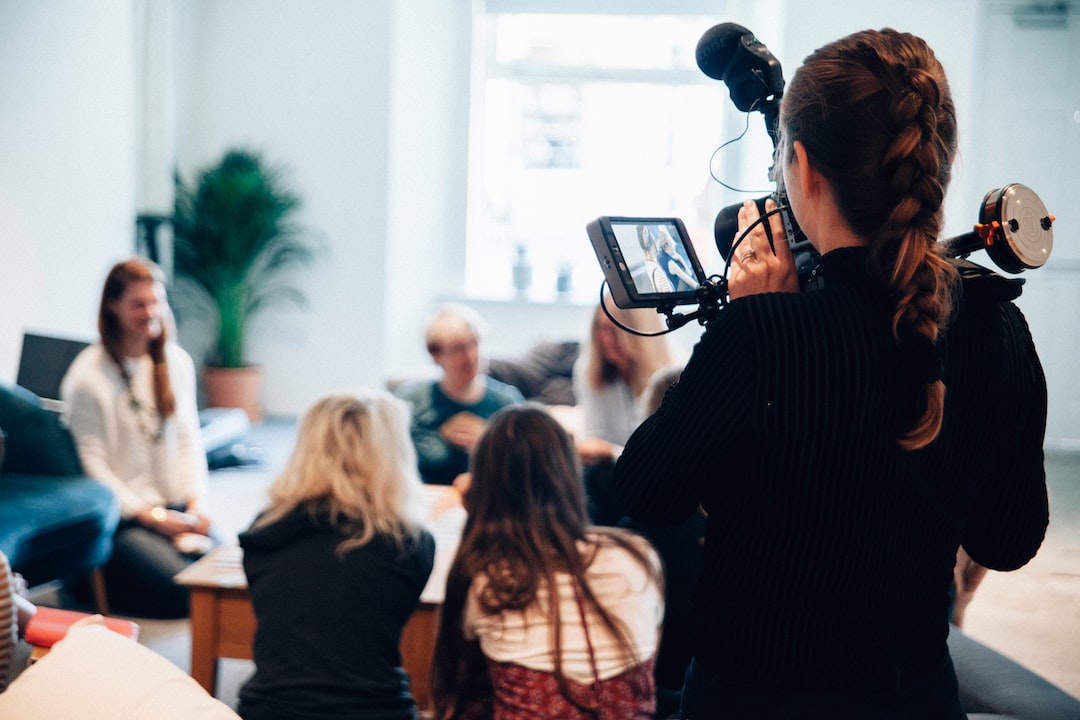The Impact of Social Media on Mental Health: Debunking Myths and Realities
In today’s digital world, social media has become an integral part of our everyday lives. It has revolutionized the way we communicate, share information, and connect with others. However, along with its many advantages, social media has also raised concerns about its impact on mental health. While some argue that it exacerbates mental health issues, others believe it can be a useful tool for support and connection. In this blog post, we will debunk myths and explore the realities of the impact of social media on mental health.
Myth: Social media is solely responsible for the rise in mental health issues.
Reality: While social media may contribute to certain mental health problems, it is not the sole cause. Mental health issues have complex origins, including biological, psychological, and socio-cultural factors. Social media can amplify existing mental health problems, but it is important to recognize the multifaceted nature of these issues.
Myth: Social media makes people feel more isolated and lonely.
Reality: It is true that excessive social media use can lead to feelings of isolation and loneliness. Studies have shown that scrolling through other people’s seemingly perfect lives can evoke feelings of inadequacy and a fear of missing out (FOMO). However, social media can also facilitate connection and support. Online communities and support groups provide individuals with a space to find people who share similar experiences, and these connections can help combat feelings of loneliness.
Myth: Social media only promotes negative self-comparisons.
Reality: While it is true that social media can trigger negative self-comparisons, it can also be a source of inspiration and motivation. Seeing others achieve their goals or share uplifting content can have a positive impact on mental well-being. It is essential to practice self-awareness and limit exposure to content that triggers negative emotions. Curating our social media feeds to include positive and uplifting content can help counterbalance the negative effects.
Myth: Social media is addictive and leads to increased anxiety and depression.
Reality: Excessive use of social media can certainly contribute to addictive behavior. However, it is crucial to note that not all individuals who use social media excessively will develop anxiety or depression. Research suggests that certain personality traits, such as low self-esteem and a tendency to seek validation from others, can make individuals more susceptible to negative impacts. Furthermore, social media may exacerbate symptoms in individuals already diagnosed with anxiety or depression. It is important to prioritize self-care and set boundaries for social media usage.
Myth: Social media is a purely negative influence on mental health.
Reality: Social media can both positively and negatively impact mental health. It provides an avenue for expression, access to information and resources, and connection with others. Social media campaigns have raised awareness about mental health issues and created supportive communities. However, it is essential to practice moderation and engage mindfully with social media to avoid potential negative repercussions.
In conclusion, social media’s impact on mental health is multi-faceted. It can both exacerbate existing mental health issues and provide support and connection. It is crucial to debunk the myths surrounding social media and recognize its potential benefits, provided we navigate its usage mindfully. By cultivating self-awareness and implementing healthy boundaries, we can make social media a positive force in our lives, enhancing our mental well-being rather than compromising it.

